.
Well, here we are -- 1 June and half way through the year already, which kinda feels a little villainous! So-o -- clearly! -- it's time for another post on villains in Fantasy literature.
You may recall back in post #3, when I discussed Brandin of Ygrath (in Guy Gavriel Kay's Tigana), I referred to him as more "antagonist" than "villain", because he's a sympathetic character despite being Tigana's ultimate "big bad."
 |
In today's post I'm going to flip this by talking about "protagonists" rather than "heroes" -- because when the main character is pretty much a villain, it's a bit of a stretch to refer to them as a "hero", even when they're lead character in the tale.
 |
| Han Solo |
Two of the more powerful examples of this are Yarvi, in Joe Abercrombie's Shattered Sea series (Half A King; Half A World; Half a War), and Rin in RF Kuang's The Poppy War trilogy (The Poppy War; The Dragon Republic; The Burning God.)
[Note: There is a spoiler regarding the ending of The Poppy War series toward the end, but there's an alert just before you get there.]
 |
In Half A King Yarvi is dispossessed of his throne, exiled, and enslaved. In both this and Book 2 (Half a A World -- where he is a more background character) his behavior is usually self-interested, to the extent of not serving either his friends (to the extent he is capable of friendship) or the realm. And he's always manipulative.
In the trilogy's conclusion, Half A War, Yarvi engineers the war that threatens to destroy his own and the other Shattered Sea kingdoms, in pursuit of the power that led to their shattering. (Although it's never stated, the Shattered Sea history points to the action taking place in a post-nuclear holocaust world, but far into the future.)
 |
Rin, the central character in The Poppy War series, is a young woman who already exists in a war-torn world. (If you're familiar with Chinese history you'll recognize analogs of the Opium Wars, Boxer and Kuomintang rebellions, and the Communist revolution that created the contemporary Chinese state.) She is also able to channel the power of a phoenix god, with its ability to generate annihilating fire and inflict widespread destruction.
 |
Rin is a protagonist who starts with considerable promise in terms of magical power and leadership skills. By the end of the first book she has already abused her power and betrayed a great many people, and when the series ends, the betrayal has extended to every friend and ally, and the destruction has completely obliterated one enemy realm. (A comparable analogy would be if the United States had not only bombed Hiroshima and Nagasaki, but unleashed nuclear destruction on the whole of Japan.)
(Spoiler Alert: The next sentence is definitely a spoiler, so maybe skip to the end if you're not already familiar with the story.)
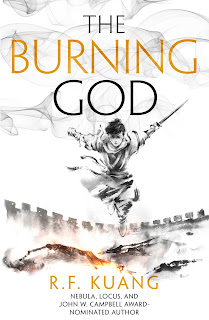 |
In the end, Rin does check her (or the god's through her) insatiable thirst for destruction by taking her own life, but only after that swathe of knowing and intentional betrayal and obliteration.
 |
In both Yarvi and Rin's cases, it's the "knowing" and "intentional" that sets the seal on their being villains, as well as protagonists -- proof that Fantasy villainy has come a long way from The Lord of the Rings in post #1, with its clear demarcation between good and evil, heroes and big bads.
© Helen Lowe
~*~
About the Author
Helen Lowe is an award-winning novelist, poet, and lover of
story. With four books published to date, she is currently completing the final
instalment in The Wall Of Night series.
.
Helen posts regularly on her “…on
Anything, Really” blog, monthly on the
Supernatural Underground, and tweets @helenl0we.
~*~
Previous “Year of the Villain” Posts:
January: Ushering in 2024 -- & the Year of the Villain
February: The Year of the Villain #1: The Lord of The Rings Pantheon
March: The Year of the Villain #2: Ursula Le Guin & “Earthsea”
April: The Year of the Villain #3: Tigana and Brandin of Ygrath


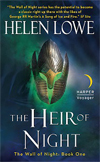
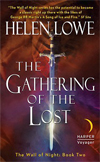
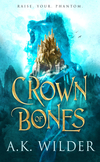
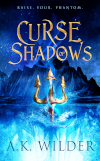
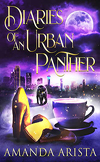
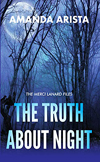

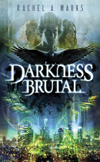
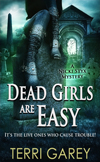
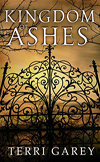
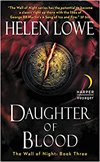
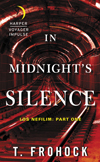
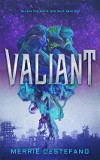
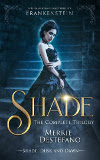

No comments:
Post a Comment